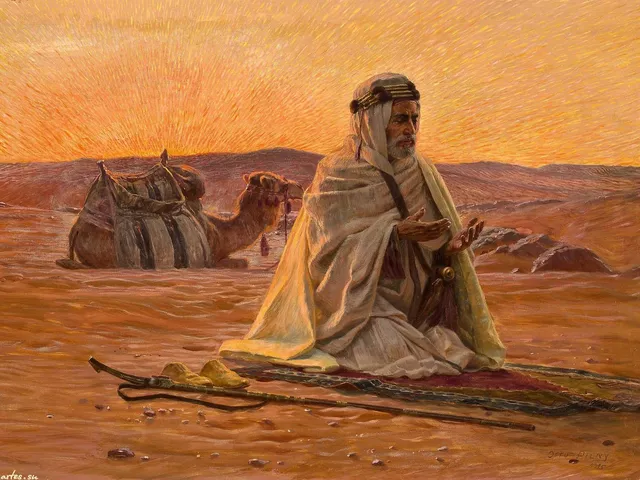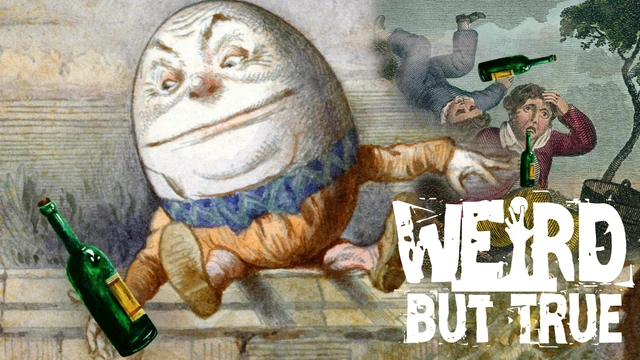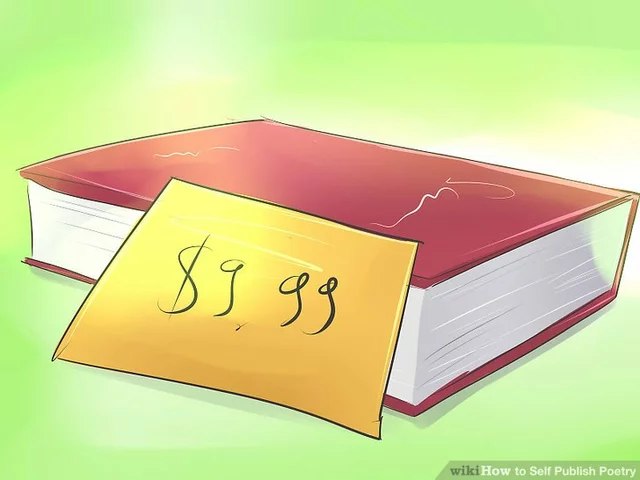Who are the most famous Arabic poets?
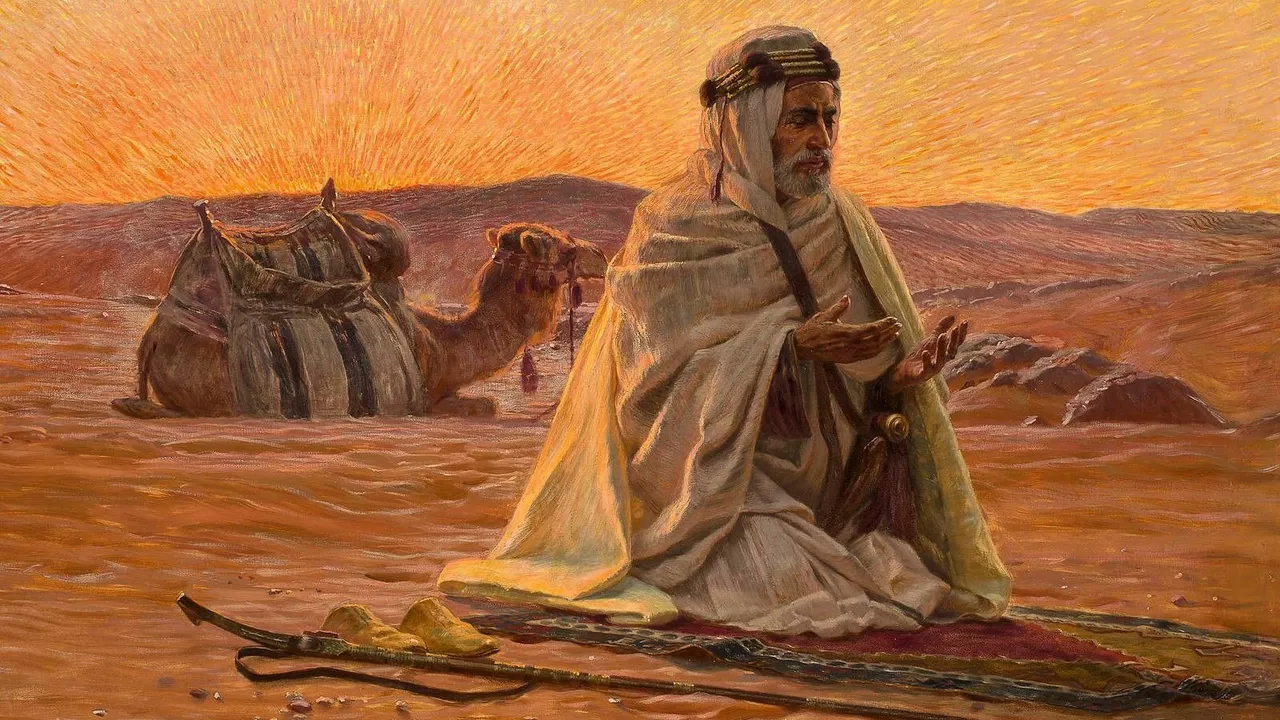
The Golden Age of Arabic Poetry
The Golden Age of Arabic poetry, typically considered to be the 7th to 9th centuries, was a period of profound cultural and intellectual flourishing in the Arab world. This period saw the birth and growth of a vibrant literary tradition, with poetry playing a central role. Among the most famous poets of this era were Imru' al-Qays, Al-Mutanabbi, and Abu Nuwas.
Imru' al-Qays, often referred to as a wandering king, was a pre-Islamic poet whose works are considered a cornerstone of Arabic literature. His poems, marked by their rich imagery and evocative language, are still recited and studied today.
Al-Mutanabbi, considered one of the greatest Arab poets, was known for his eloquent and powerful verse. His poetry, filled with sharp wit and biting satire, offers a unique window into the political and social realities of his time.
Abu Nuwas, a poet of the Abbasid court, was famous for his hedonistic themes and lyrical style. His poetry, often controversial, reflects the vibrant and cosmopolitan society of Baghdad during its golden age.
Modern Masters of Arabic Poetry
The modern era has seen the emergence of a new generation of Arabic poets who have made significant contributions to the world of literature. Among the most notable are Mahmoud Darwish, Adonis, and Nizar Qabbani.
Mahmoud Darwish, widely regarded as the Palestinian national poet, used his poetry to explore themes of identity, exile, and resistance. His powerful and emotive verse has resonated with readers around the world, earning him a place among the great poets of our time.
Adonis, a Syrian-Lebanese poet, is considered one of the most influential figures in modern Arabic literature. Known for his innovative use of language and form, he has played a significant role in reshaping Arabic poetry in the 20th century.
Nizar Qabbani, a Syrian diplomat and poet, was one of the most popular Arabic poets of the 20th century. His romantic and sensual poetry, often dealing with themes of love and feminism, has had a profound impact on the Arab world and beyond.
Women's Voices in Arabic Poetry
The history of Arabic poetry is also rich with the voices of women. From the pre-Islamic era to the present, women poets have used their verse to express their unique perspectives and experiences. Among the most celebrated are Al-Khansa, Nazik Al-Malaika, and Fadwa Tuqan.
Al-Khansa, a 7th-century poet, is one of the most famous female poets in Arabic literature. Known for her elegies, she used her poetry to express her deep grief over the loss of her brothers in battle.
Nazik Al-Malaika, a pioneering figure in modern Arabic poetry, was known for her innovative use of free verse. Her poetry, which often explored themes of love, loss, and longing, has had a lasting impact on Arabic literature.
Fadwa Tuqan, often referred to as the 'poet of Palestine', used her poetry to explore themes of resistance and struggle. Her verse, marked by its powerful imagery and emotional depth, has earned her a place among the most important Arab poets of the 20th century.
The Influence of Arabic Poetry on World Literature
Arabic poetry has had a significant influence on world literature, shaping the poetic traditions of many cultures and languages. From the Spanish literature of Al-Andalus to the Persian ghazal, the impact of Arabic poetry can be seen in many different literary traditions.
The influence of Arabic poetry is particularly evident in the literature of Al-Andalus, the Muslim-ruled region of Spain from the 8th to the 15th centuries. The poetry of this period, marked by its intricate rhyme schemes and intricate metaphors, was heavily influenced by the Arabic poetic tradition.
The Persian ghazal, a form of poetry that originated in the Arab world, is another example of the influence of Arabic poetry. The ghazal, which typically explores themes of love and loss, has been adopted and adapted by poets in many different languages, including Persian, Urdu, and Hindi.
Arabic Poetry in Translation
Despite the richness and diversity of Arabic poetry, it remains largely underrepresented in the world of English literature. However, in recent years, there has been a growing interest in translating Arabic poetry into English, bringing these works to a wider audience.
Among the most notable of these translations are those of the Palestinian poet Mahmoud Darwish. His works, translated by several renowned poets and scholars, have introduced English-speaking audiences to the power and beauty of his verse.
Similarly, the works of the Syrian poet Adonis have been widely translated, earning him international recognition and several prestigious literary awards. His innovative and challenging poetry, translated into more than 20 languages, has had a significant impact on the global literary scene.
The Future of Arabic Poetry
As we look to the future, it is clear that Arabic poetry will continue to evolve and flourish. With the advent of social media and other digital platforms, a new generation of Arabic poets is emerging, using these tools to share their work and engage with a global audience.
These young poets, influenced by both the classical tradition and contemporary trends, are creating a vibrant and dynamic poetic landscape. Their work, marked by its diversity and creativity, promises to bring new life to the rich tradition of Arabic poetry.
As they continue to write and share their poetry, these young poets are not only contributing to the ongoing evolution of Arabic literature, but also ensuring that the poetic tradition remains a vital and relevant part of the cultural landscape in the Arab world and beyond.
Alistair Beauchamp
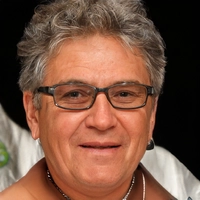
Hello, my name is Alistair Beauchamp, and I am an artist specializing in various forms of art, with a particular passion for poetry. I have dedicated my life to exploring the depths of human emotion through the written word, and I love to share my discoveries with others. My work has been featured in numerous publications, and I am always searching for new ways to express myself and connect with others. I believe that art has the power to heal and bring people together, and I am committed to using my talents to make a positive impact on the world. Feel free to explore my world of creativity and join me on this artistic journey.
View all posts by: Alistair BeauchampWrite a comment
Categories
RECENT POSTS
What's the true dark history behind famous nursery rhymes?
As I delved into the true dark history behind famous nursery rhymes, I was surprised to discover sinister origins behind seemingly innocent songs. For instance, "Ring Around the Rosie" is believed to be about the Great Plague, while "Mary, Mary, Quite Contrary" may actually refer to the ruthless Queen Mary I of England. Even the beloved "Humpty Dumpty" has connections to a devastating historical event – the English Civil War. As I continued my research, it became clear that these nursery rhymes were more about preserving history and cautionary tales than simply entertaining children. I can't help but wonder what other dark secrets are hidden within the verses we've all grown up with.
Who are the most famous Arabic poets?
In my exploration of Arabic poetry, I've come across some truly remarkable poets who have shaped the literary world. Al-Mutanabbi, renowned for his intelligence and wit, is often considered one of the greatest Arabic poets. Then there's Abu Nuwas, known for his controversial yet influential works. Mahmoud Darwish, a more contemporary figure, used poetry to voice the struggles of the Palestinian people. Lastly, there's Nizar Qabbani, whose romantic and feminist literature continues to resonate with readers worldwide.
Which is the best site to publish the poems?
After exploring various platforms, I've found that Medium, AllPoetry, and Commaful are some of the best sites to publish poems. Medium offers a broad audience and the chance to earn through their partner program. AllPoetry, being a dedicated poetry site, has a supportive community and offers constructive feedback. Commaful stands out with its unique multimedia format that makes poetry more engaging. Always remember, the best site will depend on your unique needs and preferences as a poet.
What are the best poems on women you have come across?
In my blog-ventures, I've been lucky enough to stumble upon some truly magnificent poems about women that have genuinely rocked my socks off! The top of this fabulous list is filled with Maya Angelou’s “Phenomenal Woman”, a poem that sings praises to the inner beauty of a woman with such grace, it could make a rock blush. Then we have Sylvia Plath’s “Lady Lazarus”, a raw, powerful poem that portrays the resilience of women in a way that makes superheroes look like amateurs. Pablo Neruda's "The Queen" is another gem that glorifies the mysterious charm of a woman. And let's not forget William Butler Yeats’ “For Anne Gregory”, a delightful ode that exclaims that a woman's worth is more than just her physical appearance. These poems, my friends, are like a high-five to womanhood from the world of literature!
Why hasn't an Asian American been named Poet Laureate?
In my latest blog, I delved into why an Asian American has yet to be named Poet Laureate. It's a complex issue, rooted in the lack of representation and visibility of Asian American voices in the literary world. Despite the rich and diverse talents in the community, cultural and language barriers can limit their exposure and recognition. Furthermore, traditional western literary canon often overlooks Asian American contributions. It's high time to shine a light on these untapped talents and make the field of poetry more inclusive.
